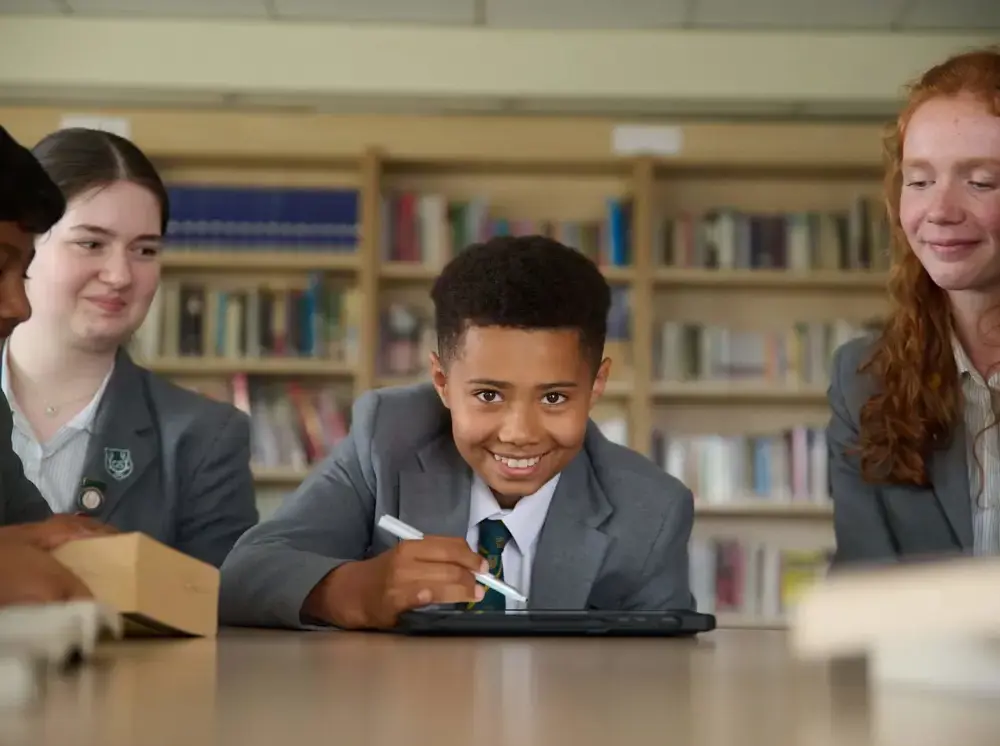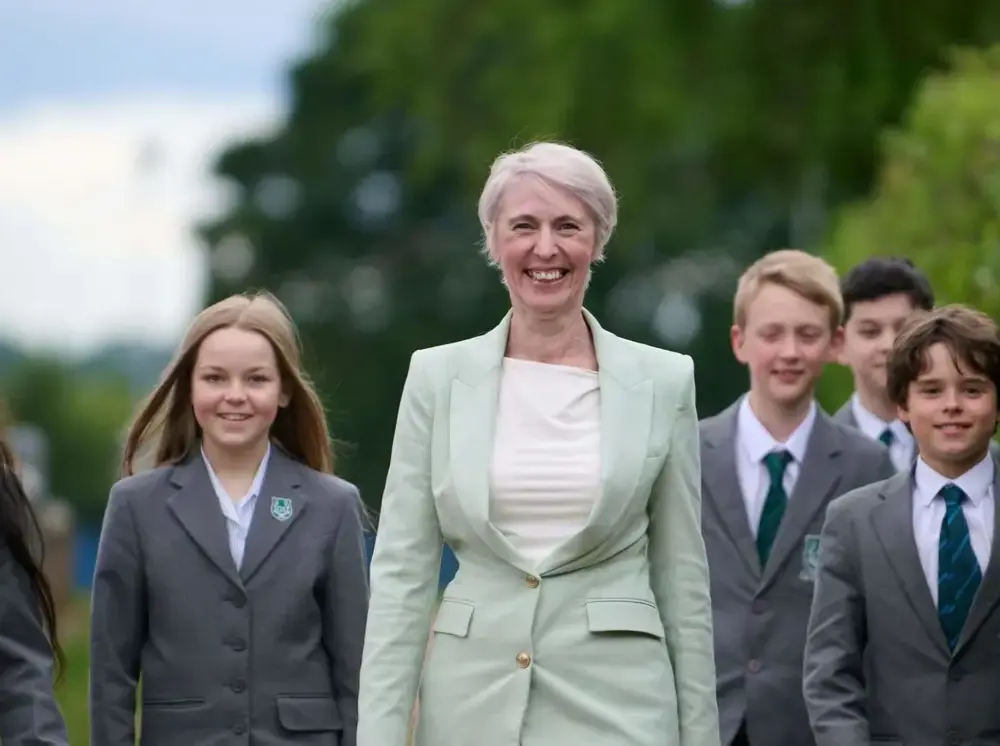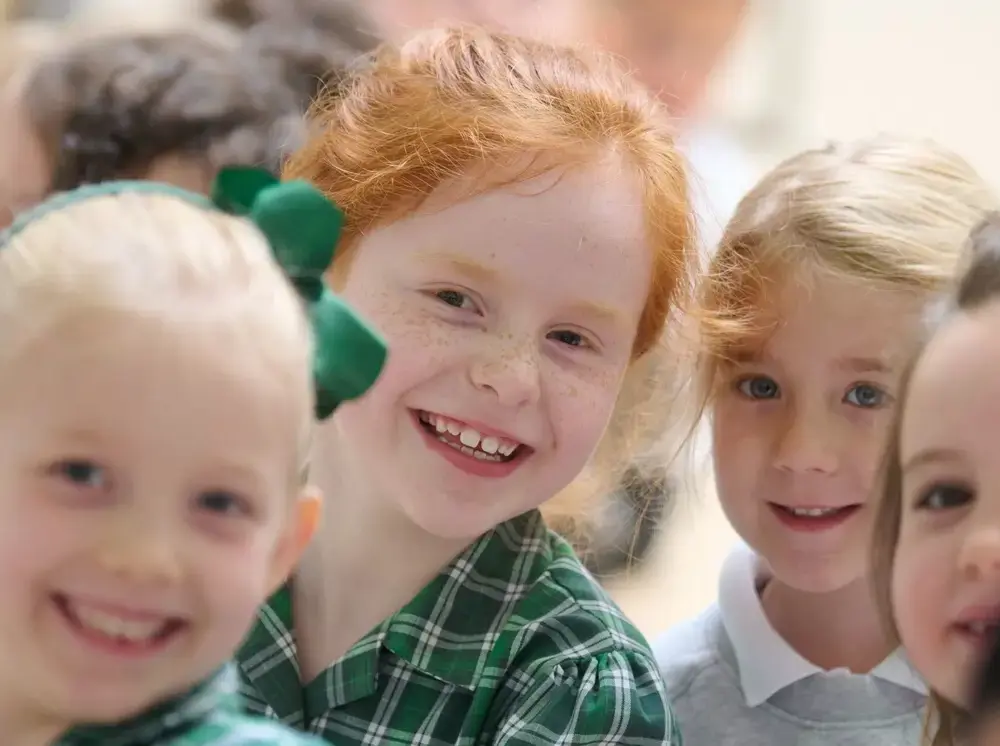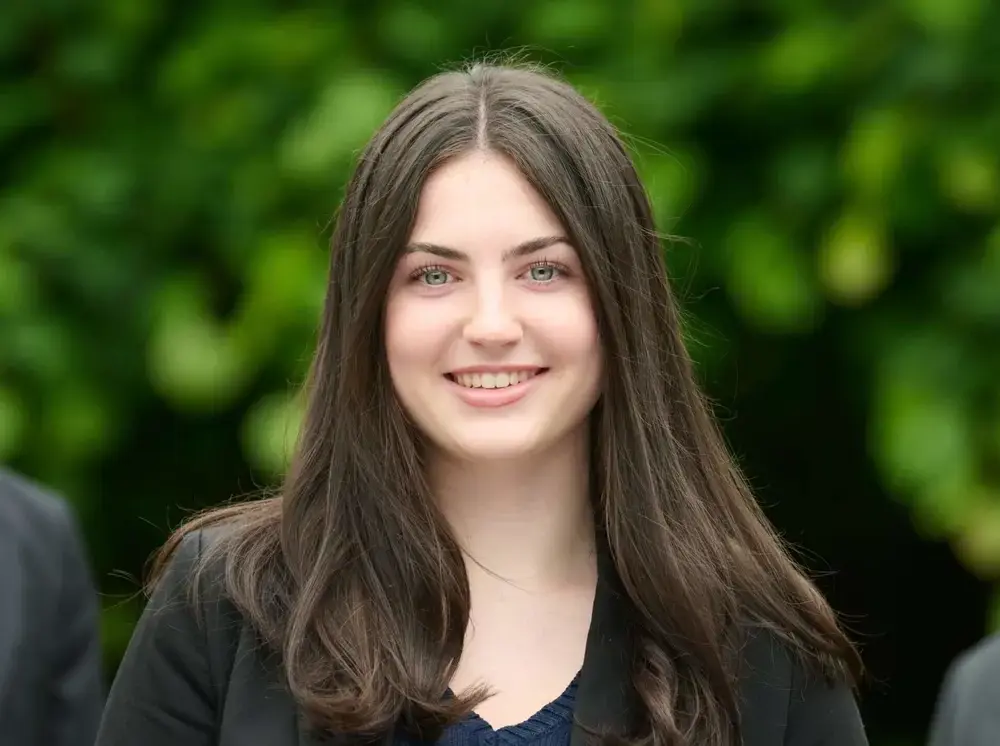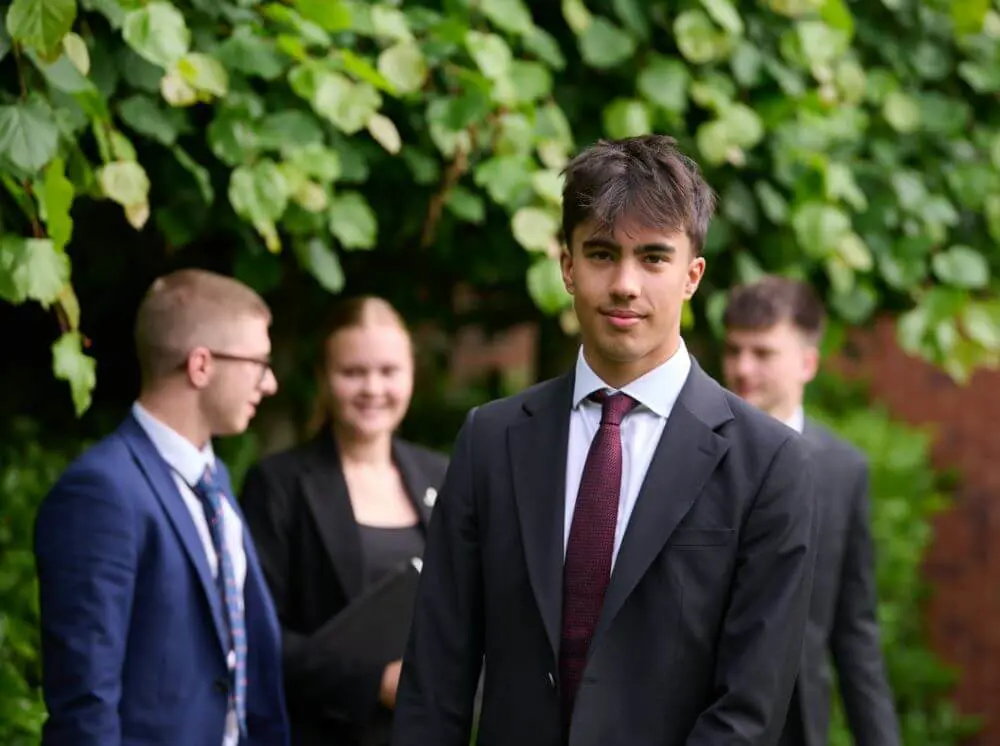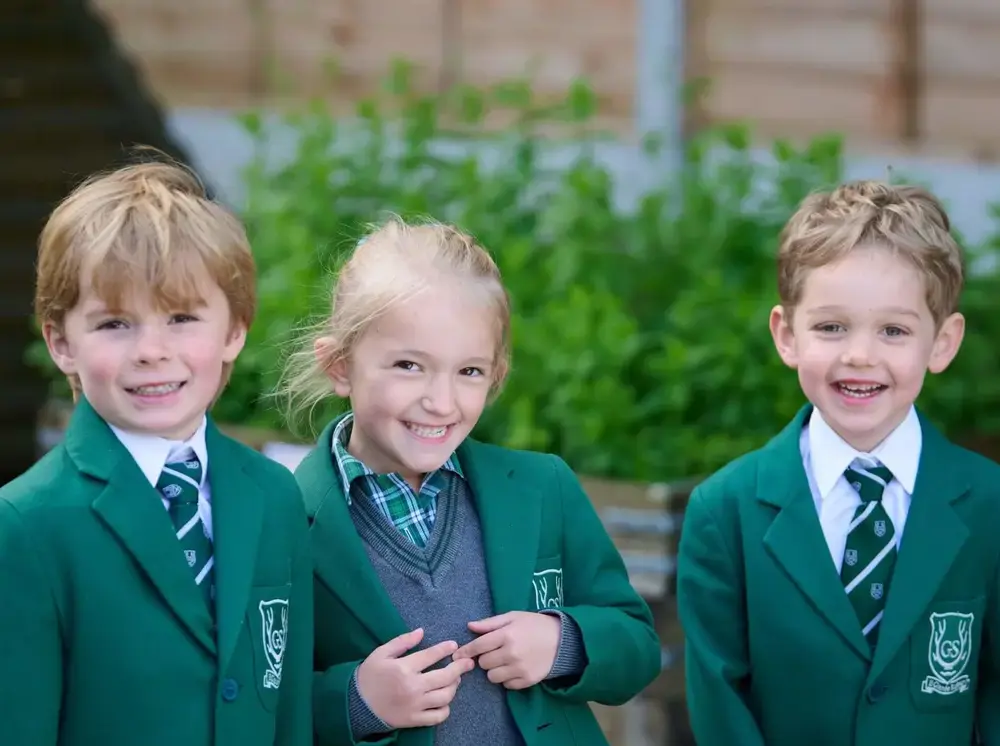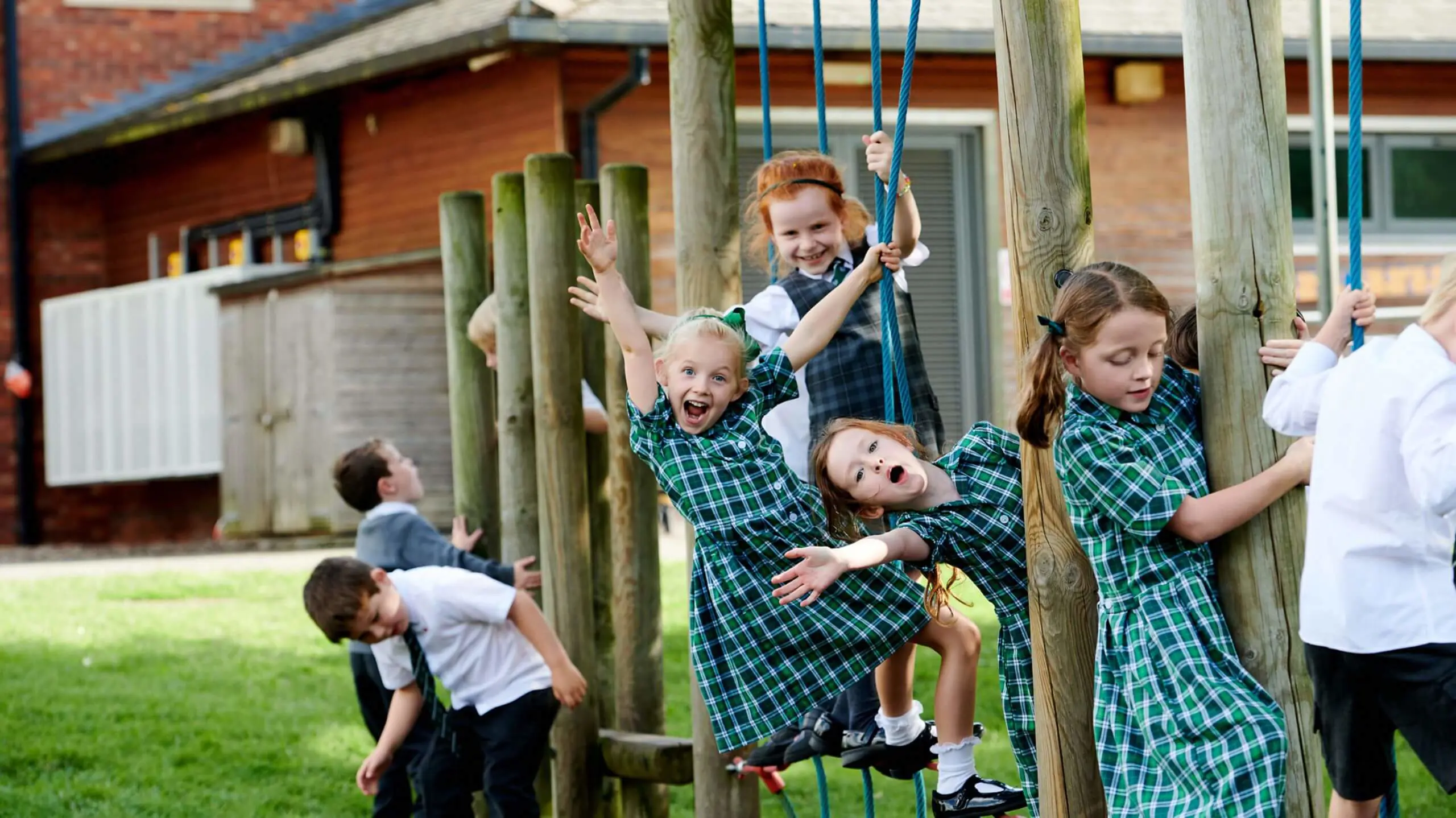Pastoral Care & Wellbeing
At The Grange School we speak about our holistic approach where we believe in educating the whole person.
THIS CAN ONLY HAPPEN EFFECTIVELY when we take care of the whole person too. Creating a calm and purposeful setting, in which mental wellbeing is prioritised, provides the optimum backdrop for effective teaching and learning.
Pastoral Team
Senior SchoolIN ORDER TO SUPPORT OUR students best, each year group (Years 7-10) has a specialist pastoral lead. These are non-teaching positions which means they are able to dedicate their time to quickly address any issues with students, offer support and communicate with parents allowing our teachers to be present in the classroom. Their role is to quickly address any issues with students, offer support and communicate with parents. |
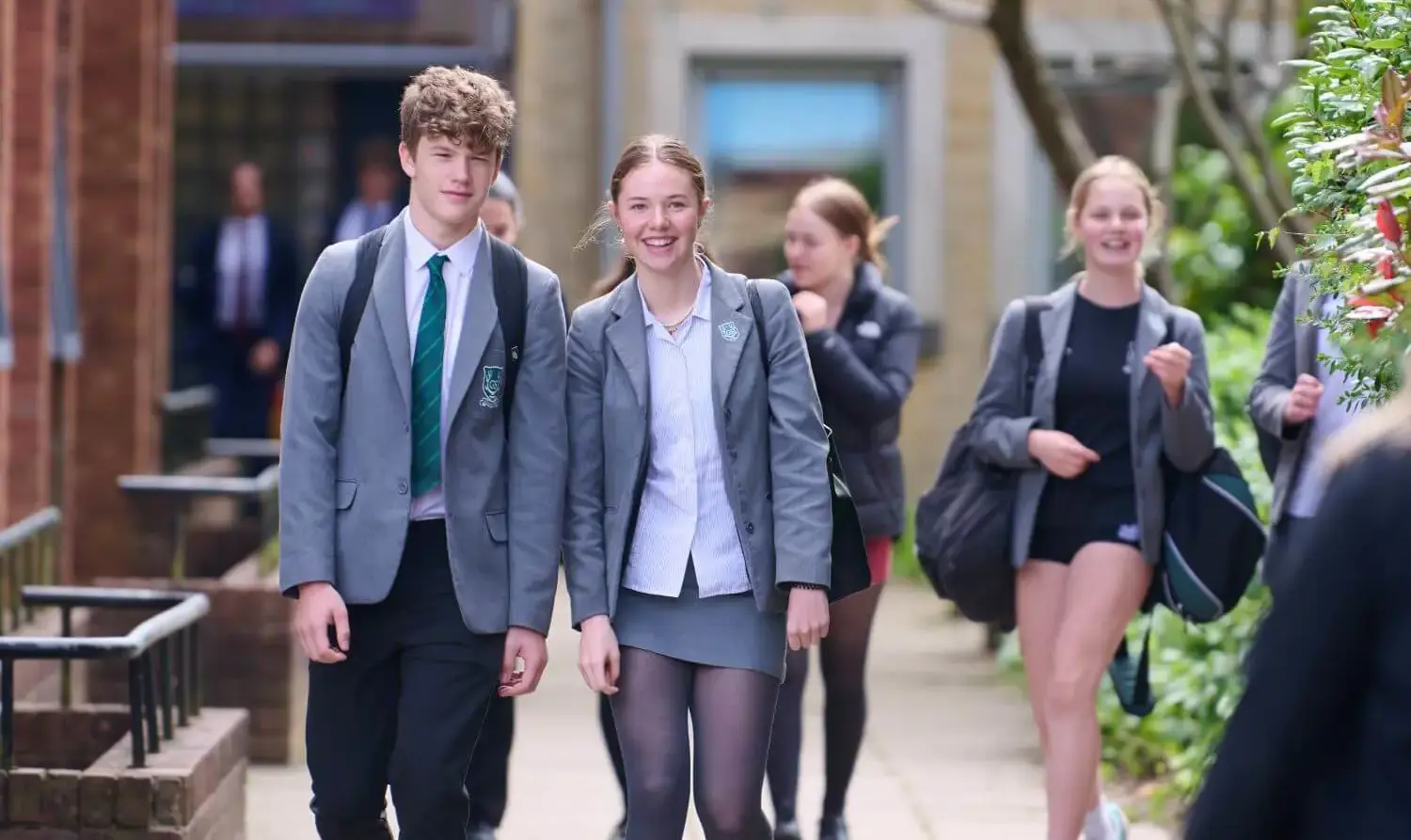 |
In Year 11 a very experienced Head of Year guides them through their GCSE preparations. As they head into Year 12, the Head and Deputy Head of Sixth Form support students in the transition to studying A levels, applying to universities and preparing for life after school.
Junior School
At the Junior School, the main advocate for the children is their Form Teacher, who will deal with day-to-day pastoral issues that may arise.
Key Stage leaders support the form tutors as and when needed.
Both the Junior and Senior schools appoint a Deputy Head – Pastoral who oversees all Pastoral Care. |
Wellbeing
WELLBEING SUPPORT IS AVAILABLE TO all students to assist them on their progress through school. We want to equip our students with the tools to look after their mental health and to be supportive of each other.
At the Junior School the children can come to the Wellbeing Hub at any time. It's a quiet and cosy space to sit if they are feeling overwhelmed / sad / anxious. They often come with their Teaching and Learning Assistant who will sit with them and chat or read a book as they take a little time out.
In Senior School students can make their way to Pupil Support at any time if they find themselves needing take a moment away from a situation. There is always someone available to talk and offer support, or simply listen.
We always strive to help the student return to their lessons feeling calm and empowered to deal with the day. |
The Wellbeing Service
The Wellbeing Team aims to support pupils with their mental health in the following ways:
- Lunchtime drop-ins
- Weekly Individual Sessions
- Group Sessions. Group sessions are offered to support students with transitioning to Secondary school, managing anxiety and a weekly student-led Neurodiversity Group.
- Signposting to external services.
- Awareness. The wellbeing team works collaboratively with the wider school for a whole school approach to mental health. We deliver assemblies, staff training and support and promote key mental health awareness days. We aim to remove any stigma often associated with mental health.
| What do the Wellbeing Practitioners do? |
|---|
|
Support is student-led, Wellbeing Practitioners try to support students with whatever is concerning them. Sessions may help them:
|
| Who are the Wellbeing Practitioners? |
|
They are staff with professional registrations and backgrounds working in Child Psychotherapy, CAMHS and Social Care. Alongside a specialist in Coaching, using the Ollie model and NLP techniques practitioners offer therapeutic or coaching approaches. We also have staff specially trained in “Drawing and Talking” sessions. At the Junior School we can also offer therapeutic Sandplay sessions for younger children. |
| Why have Wellbeing Practitioners in school? |
|
A school-based service brings support to children and young people in a place that is familiar, safe and secure. Problems can be tackled early rather than going on a long waiting list, which we regard as very important; if children and young people are able to receive emotional support earlier, they will have greater opportunity to fulfil their potential. |


